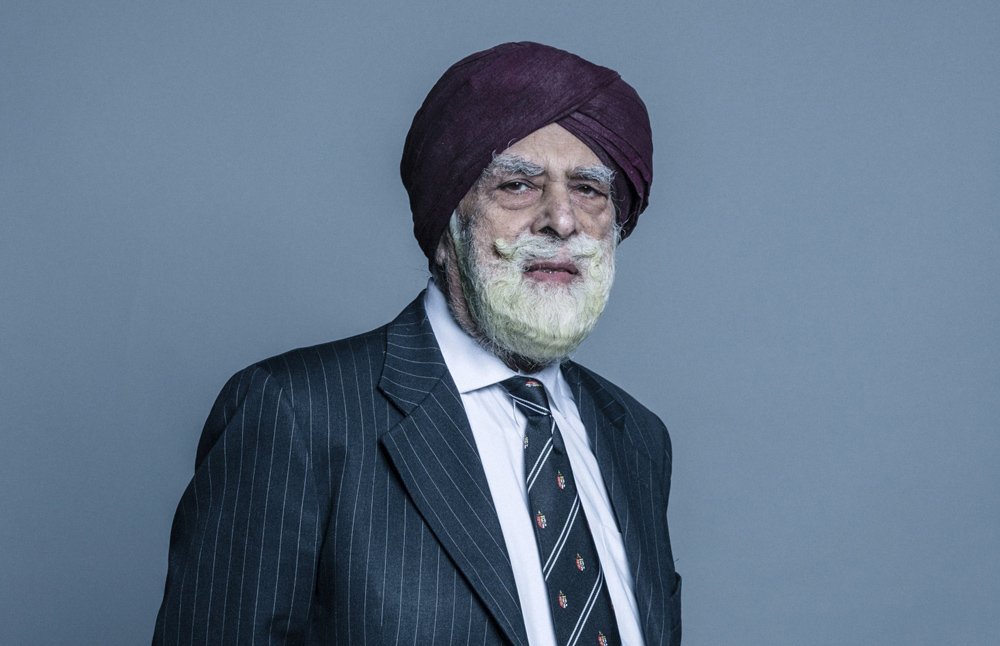In this mailing:
- Bassam Tawil: Israel Blocks Terrorists, Palestinians Block Critics
- Andrew Ash: The BBC Thought Police
by Bassam Tawil • October 30, 2019 at 5:00 am
On the one hand, leaders of the Palestinian Authority (PA) condemn Facebook for "surrendering to Israeli pressure" and taking action against those who incite terrorism and hate speech. On the other hand, the same PA leaders keep pressuring Facebook to silence Palestinians who demand an end to financial and administrative corruption in the PA. "[E]very time Fatah posts a new terror message on Facebook encouraging violence or presenting murderers as role models, hundreds of thousands of Palestinians are given more motivation to kill Israelis. Facebook still chooses to do nothing to stop it." — Itamar Marcus, Jerusalem Post, September 11, 2019. What Abbas and his senior officials apparently fear is that the current wave of anti-corruption protests sweeping Lebanon and other Arab countries may reach the West Bank. They appear nervous that their critics and political rivals will use social media to encourage Palestinians to revolt against corruption and tyranny. For these leaders, when they turn to Facebook to clamp down on criticism and voices calling for reform and democracy, that is good government. However, when Israel tries to silence those who seek to spill more Jewish blood -- well, that is criminal.

Leaders of the Palestinian Authority (PA) are seeking to block dozens of websites and social media pages, to prevent them from criticizing and exposing corruption cases related to PA President Mahmoud Abbas and his senior officials in the West Bank. Pictured: Abbas on September 20, 2017. (Photo by Kevin Hagen/Getty Images)
For the past few months, Palestinians have been accusing Facebook of "waging war on Palestinian content" by suspending dozens of accounts belonging to Palestinian activists and groups suspected of anti-Israel incitement and promotion of terrorism. The Palestinians even went as far as accusing the social media giant of being in collusion with Israel to "suppress the Palestinian narrative and conceal the reality of Israeli crimes." In the context of the campaign, the Palestinians used the hashtag #FBblocksPalestine to "reveal the double-standard policy of Facebook management in dealing with Israeli and Palestinian incitement on its site," according to the Palestinian NGO Sada Social Center.
Continue Reading Article
by Andrew Ash • October 30, 2019 at 4:00 am
"The need for sensitivity in talking about religious, political or social issues has now been taken to absurd proportions... making it difficult to say anything worthwhile. The aim of Thought for the Day has changed from giving an ethical input to social and political issues to the recital of religious platitudes and the avoidance of controversy, with success measured by the absence of complaints. I believe Guru Nanak [the founder of Sikhism] and Jesus Christ, who boldly raised social concerns while stressing tolerance and respect, would not be allowed near Thought for the Day today." – Lord Indarjit Singh, The Times, October 4, 2019. So here is another thought for the day: Why should the BBC -- or the rest of the mainstream media -- rely on journalistic accuracy, when a sensationalist misquote will do?

Celebrated interfaith activist Lord Indarjit Singh has sensationally quit BBC Radio 4 after accusing it of behaving like the "thought police". (Image source: UK Parliament)
Celebrated interfaith activist Lord Indarjit Singh has sensationally quit BBC Radio 4 after accusing it of behaving like the "thought police". He alleges that the corporation tried to prevent him discussing a historical Sikh religious figure who stood up to Muslim oppression -- in case it caused offence to Muslims, despite a lack of complaints. The Sikh peer, who has been a contributor on Radio Four's Thought For The Day programme for more than three decades, is also accusing Radio Four bosses of "prejudice and intolerance" and over-sensitivity in relation to its coverage of Islam, after he says he was "blocked" from discussing the forced conversion of Hindus to Islam, under the Mughal emperors in 17th century India.
Continue Reading Article
|
|
|
|



